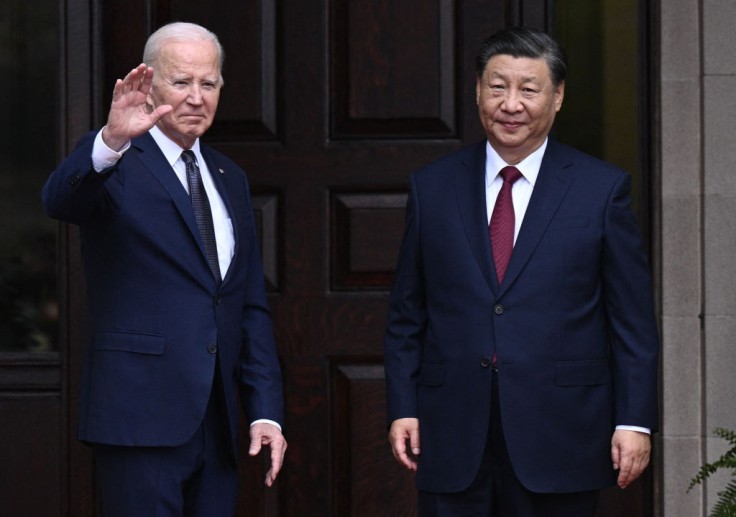US and Chinese envoys are expected to hold first-ever discussions on the risks of AI technology in the upcoming Geneva conference, the Associated Press reported.
According to the reports, Secretary of State Anthony Blinken and his counterpart, Foreign Minister Wang Yi, will hold off the first formal bilateral meeting to "reduce the risk of miscalculation and unintended conflict" amid the AI surge.

The meeting will follow earlier discussions between US national security adviser Jake Sullivan and Yi last month.
While specifics of the meeting are not clear yet, a US official told reporters that the talks will not focus on potential "technical collaboration or cooperating on frontier research."
It is uncertain if the discussions will continue the two countries' commitments to prevent the use of AI technology in their advanced weaponries.
US, China Will Discuss Potential Safety Guidelines on AI Development
While other talking points remain in the grey area, the US expects a solid outcome on its proposal of building safety guidelines in AI development.
Associated Press reported that the US delegation will bring the idea of voluntary commitments in developing and distributing AI technology, including proper safety tests of the products.
Digital experts have long expressed worries about the current state of AI development due to potential data safety risks to the country and its people.
With the two countries addressing these concerns, the US is looking to finalize an outline for future development plans.
US to Raise Concerns on China's AI Activities
As for security risk mitigation, the Financial Times reported that the US delegation is expected to voice its concerns on China's recent AI activities and its dangers to American security.
The statement refers to the surge in cyberattacks from alleged Chinese government-sponsored hackers hitting integral US facilities, including water and power services.
This is in addition to reports of China obtaining advanced AI chips from the US despite the country's trading sanctions on the Asian nation.
Several reports have earlier hinted at the White House urging allied countries to heighten restrictions preventing China from buying AI hardware.
And just last week, the US Department of Commerce included multiple Chinese companies in its "entity list," making it difficult for the firms to acquire American-made technologies.
In response, China has accused the US of committing the same accusations it has thrown against the country with its advancements and collaboration with AI firms.









